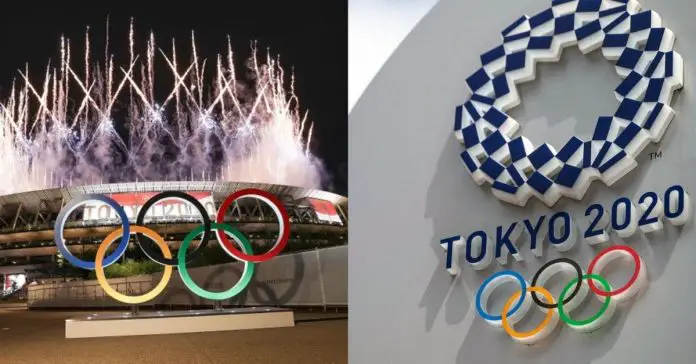The Tokyo 2020 Olympic Games are currently underway, and we’re sure everyone’s having a good time cheering on your favourite athletes, or catching your favourite sports. As the whole world (and the Internet) is abuzz with Olympics news daily, we thought we’d chime in as well, with some fun facts. The Olympic Games is a popular event many look forward to every four years, so why not brush up on your knowledge of it? Here are 10 fun facts of the Olympics to get you started!
1) The Olympic Rings Represent the Five Inhabited Continents
As a worldwide sporting event, this makes perfect sense. Also, the colours of each ring were chosen because they are all part of the flags of all the competing nations. In other words, the flag of each competing nation has at least one colour of the Olympic rings in their flags as well. It’s a nice touch!
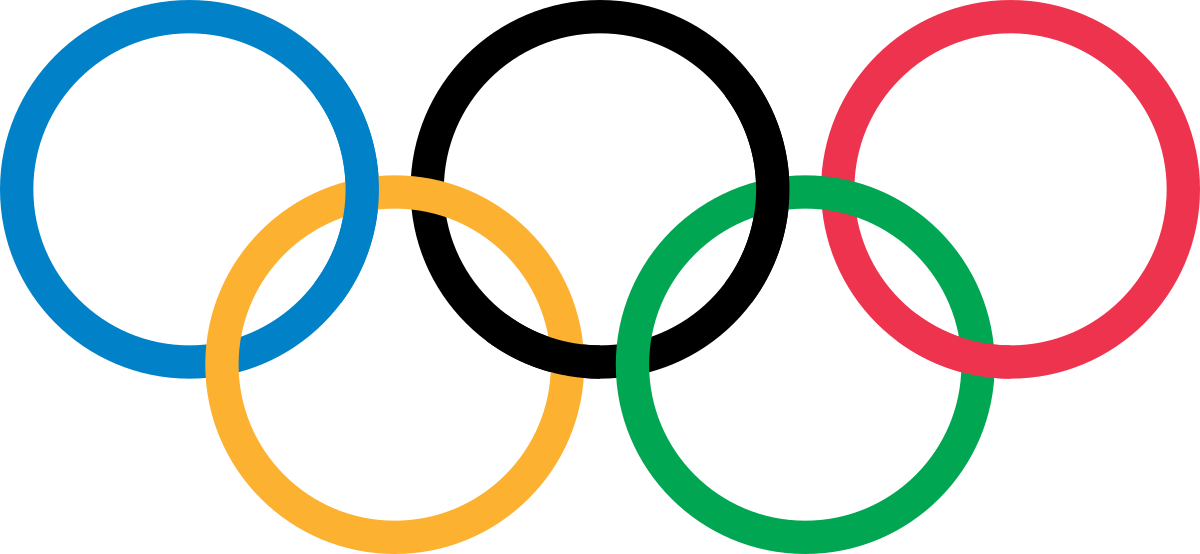
2) The First Olympic Games Were Held B.C.
8th century B.C., to be exact, in Olympia, Greece. Just as we do now, they were held every four years, till the fourth century A.D. Roman Emperor Theodosius I banned it then, as paganism, and the Olympic Games then lay dormant for about 1,500 years. The first modern Olympics were then revived in 1896, held in Greece as well.

3) Those Games Were Also Played Naked
Who needs clothes when you’ve got what you were born with? In Ancient Greece, participating in the nude was a major Olympic tradition. Competing nude showed your fearlessness, courage, and power, and it was considered a tribute to the gods as well. Back then, the games also lasted five to six months, so… that’s a whole lot of naked. In order to best show off their physique, participants also commonly lathered themselves in olive oil.

4) Only Three Modern Olympic Games Have Been Cancelled
And those three were cancelled because of war. World War I (1916), and World War II (1940, 1944).
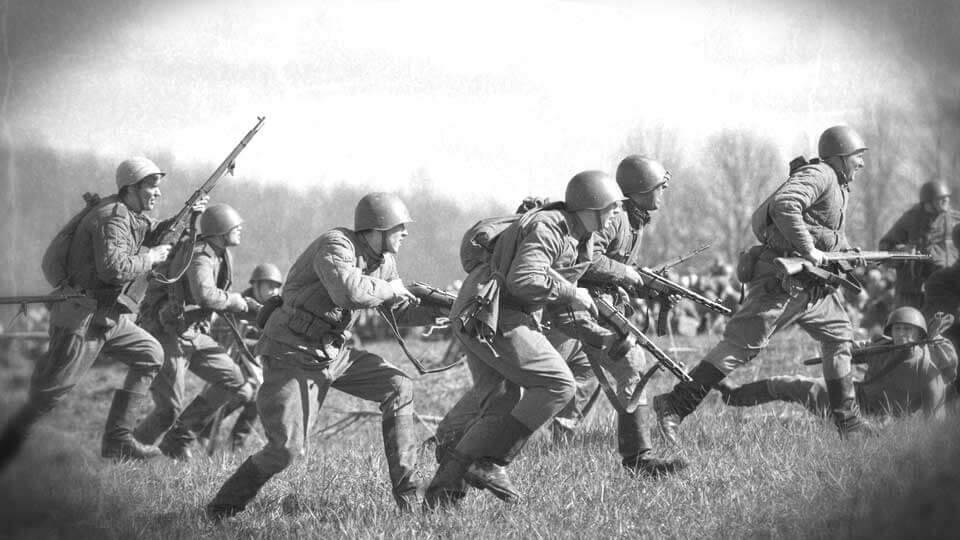
5) London 2012 Was A Milestone For Equality
Sometimes, it is even known as the Women’s Games. During London 2012, women were not barred from a single sport at all, and all participating nations sent in female athletes.

6) The Lighting of the Olympic Flame Stands on Great Ceremony
The Olympic torch is lit the old-fashioned way at the temple of Hera in Greece. In an ancient ceremony, actresses dressed in costumes of Greek priestesses use a parabolic mirror and the sun’s rays to light the torch, before it travels to its host country. Apparently, the torch is able to withstand extreme temperatures and high wind speeds–it’s virtually weatherproof. In the event that it does extinguish, a backup torch, also lit from the mother flame in Greece, is never more than 30 seconds away to help reignite the main torch.
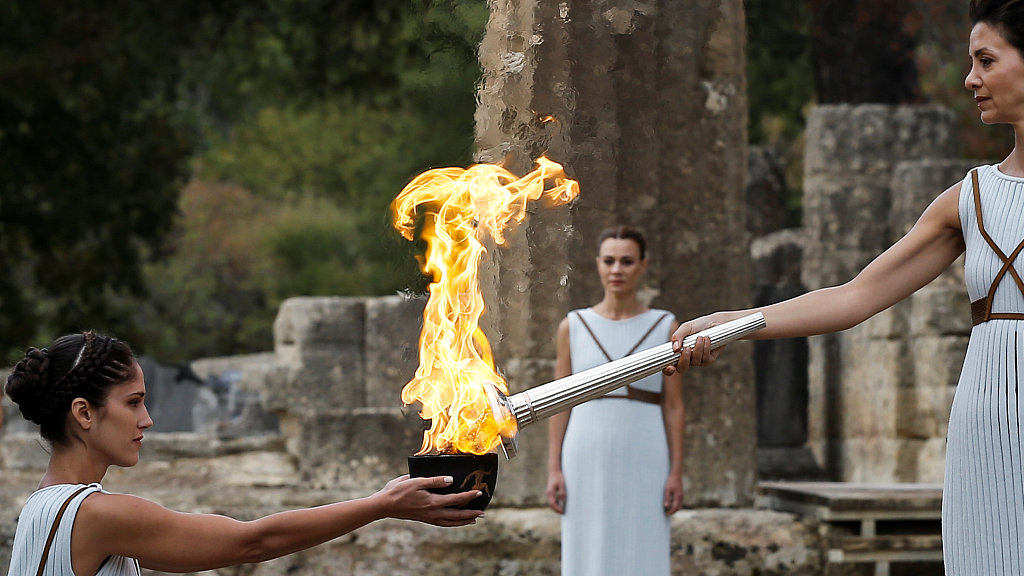
7) Kids Used to be Able to Compete
Each individual sport item in the Olympics has a minimum age limit now, but the age limits didn’t always exist. The youngest modern Olympian was Greek gymnast Dimitrios Loundras, who competed at the age of 10 in the 1896 Athens Olympics. Meanwhile, springboard diver Marjorie Gestring and swimmer Kusuo Kitamura are the youngest female and male individual gold medalists, where they won at age 13 and 14 respectively.
8) Live Pigeon Shooting Was Once an Event
Just once, part of the 1900 Olympics in Paris.
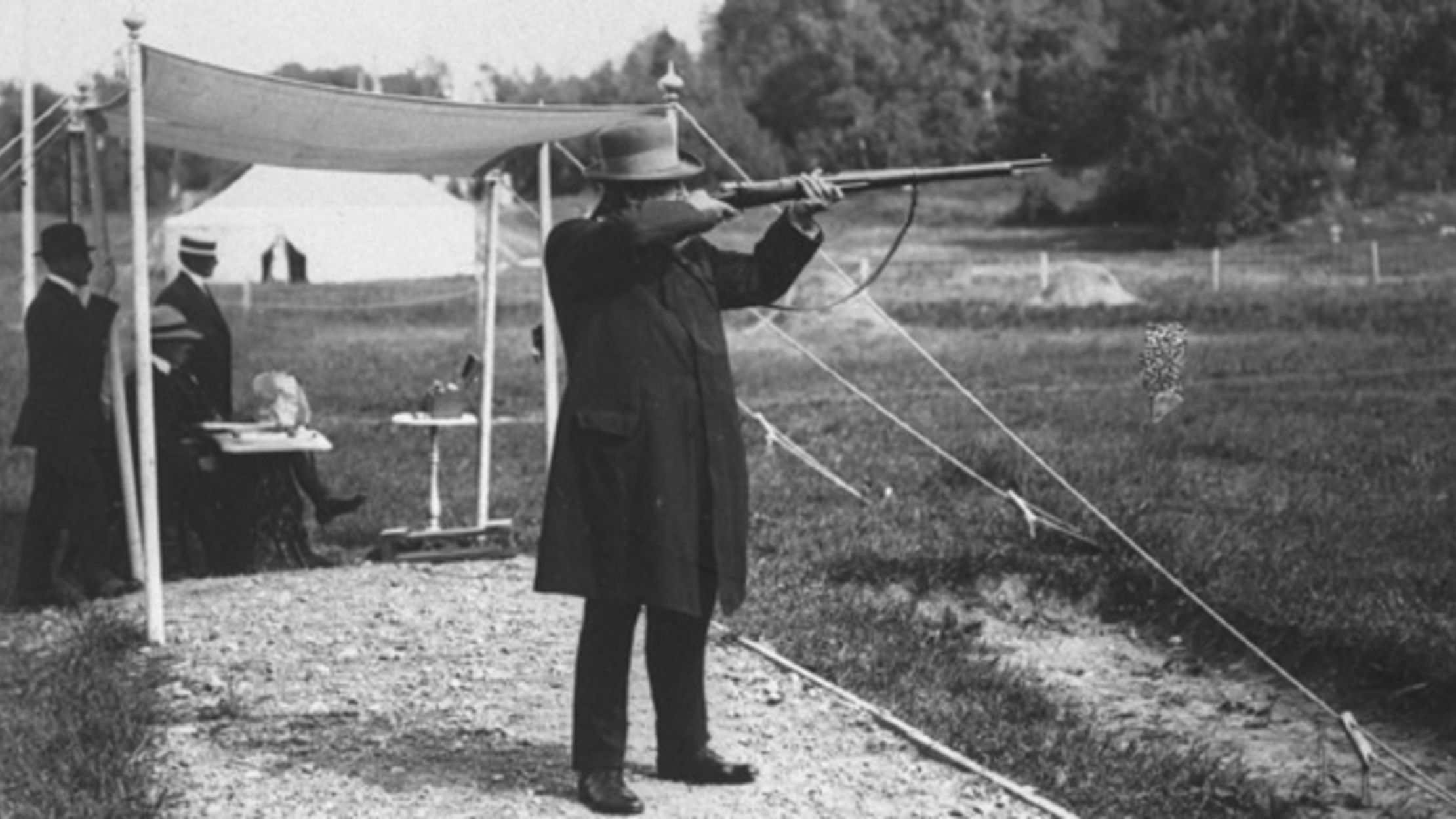
9) At Some Point, Artists Competed in the Olympics As Well
From 1912 to 1948, the Olympics kind of had an arts section. Painters, sculptors, architects, writers, musicians, and the like competed in their respective fields then. Wonder how that’d go down today!
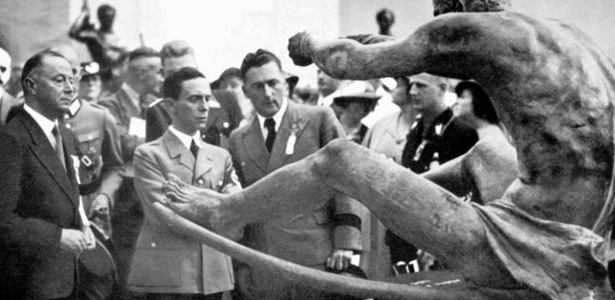
10) The Next Olympics Will Be Held In…
Paris, France, for 2024. Subsequently, the 2028 Olympics will be held in Los Angeles, USA, while the 2032 Olympics will be held in Brisbane, Australia.



